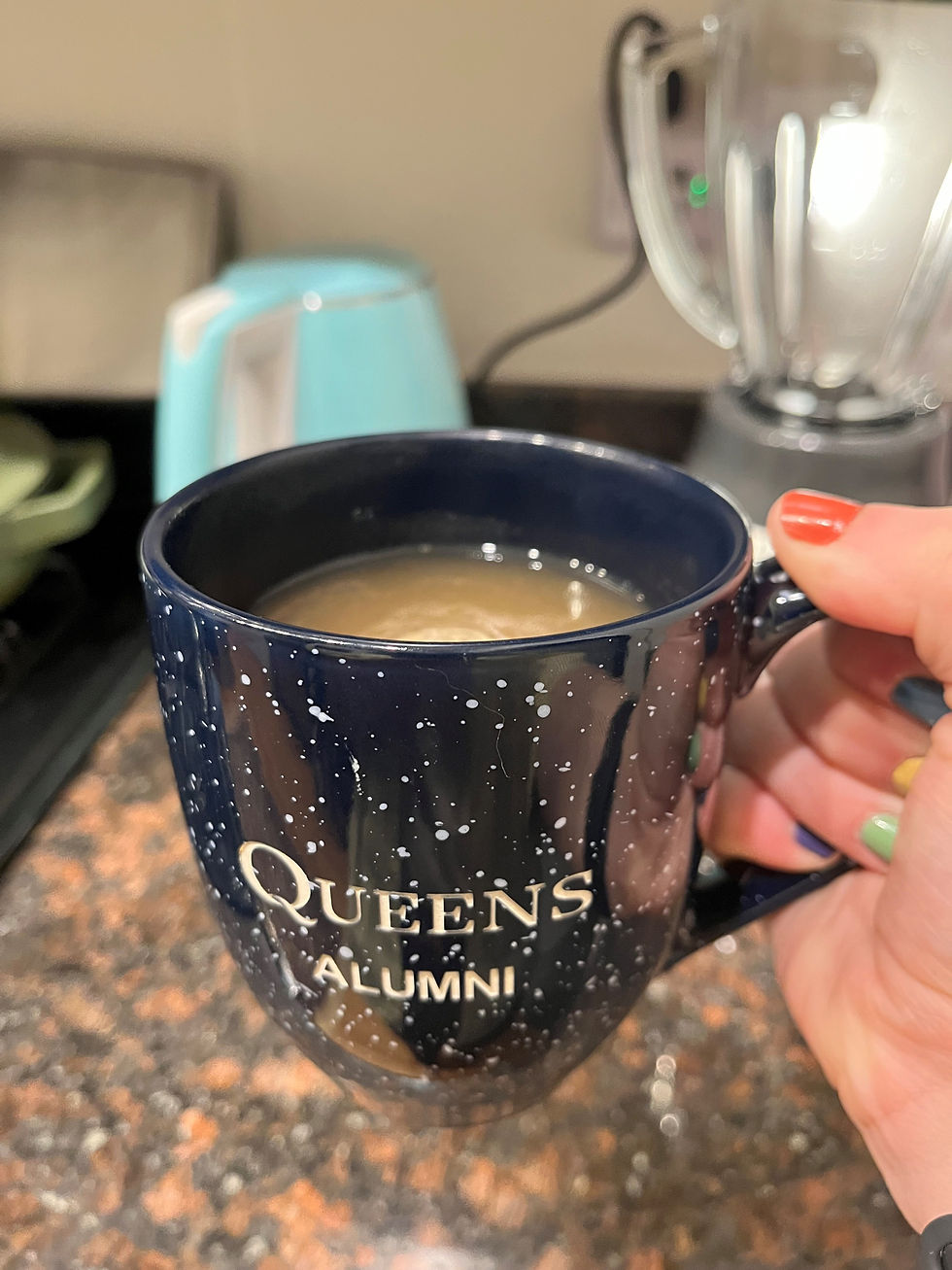What is Music Therapy?
- Harmonic Changes Therapy Services

- Jul 29, 2020
- 3 min read
Updated: Feb 23, 2021
We’ve all felt it before. We go to a concert, or hear a song that’s close to us, and somehow, it makes us feel better. That’s the power of music.
But what is Music Therapy? And what makes a Music Therapist unique?
First, let’s look briefly at the brain and how music is processed. It’s unlike anything else. The brain processes music globally, unlike, say, spoken language. That means if a person has a stroke, they may lose access to the parts of their brain that control speech. But a patient could, through Music Therapy, still re-learn speech because the parts of the brain that process music and lyrics are different from the ones that control speech. An individual with Alzheimer’s loses access to the memory center of the brain, but because music is processed everywhere in the brain, music may not be lost in the same way.
The American Music Therapy Association defines music therapy as “the clinical and evidence-based use of music interventions to accomplish individualized goals within a therapeutic relationship by a credentialed professional who has completed an approved music therapy program.” Simply put: using music to help the brain focus on various life skills: motor/physical, communication, social/emotional, cognitive/academic, and sensory.
Let’s break that down with some examples. Music Therapists may use songwriting as a tool to help a person express themselves in ways they might struggle with due to mental illness. Instead of focusing on how the song turns out musically, the goal lies within the process of the writing. It is NOT about finding the perfect rhyme or rhythm. It IS about what the writer was able to release emotionally during the process of the writing. Music Therapists may use a drumming activity to help aid motor skills in an individual with a physical impairment. Or Music Therapists may play a song with their guitar that has a very steady beat to help a stroke survivor re-learn how to walk. And this is just a small sample of all of the interventions Music Therapists use and populations they serve.

So, why is it important to have a music therapist facilitating all these interventions? Because there is a right way to do things, and that requires training. In order to become an MT-BC, or board-certified music therapist, you must have a minimum of a bachelor’s degree in music therapy from an accredited program, 1200 clinical training hours, pass the board certification exam, and then you must engage in continuing education to keep your certification active.
The true therapy lies in the therapeutic relationship. And an individual receiving Music Therapy does not need any prior musical knowledge because the Music Therapist knows how to make it accessible to all!
Music Therapists have been trained to look for the small changes – the small foot taps, the turned head, the slight shift in breath, etc. And the Music Therapist knows how to interpret these changes, and how to proceed. For instance – two people may tap their foot in a similar fashion to music; however, one person may tap their foot as an anxious response, while the other may tap their foot in excitement. The Music Therapist develops a relationship and rapport with that person to learn their specific cues. The Music Therapist knows what questions to ask (and to avoid) when songwriting with that individual with a mental illness. The Music Therapist knows where to place that drum to create an accessible and achievable goal for that individual with a physical impairment. The Music Therapist knows which beats to strum a little bit louder to aid that stroke survivor in their journey to healing.
All Music Therapy practice is research and evidence-based. There are many research studies supporting the effectiveness of various Music Therapy interventions across many populations, and this research is shaping the field.
It’s no wonder why the field keeps growing in this country and around the world.
Interested in learning more about Music Therapy services with Harmonic Changes? Contact us via the chat in on our website or at info@harmonicchanges.com for more information!








Comments